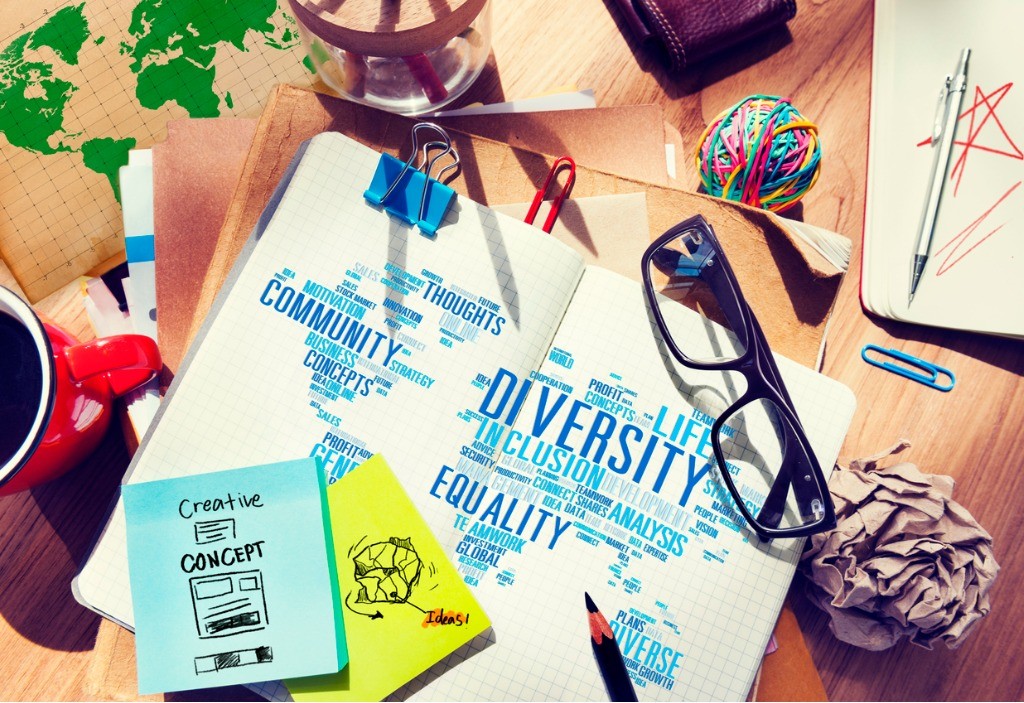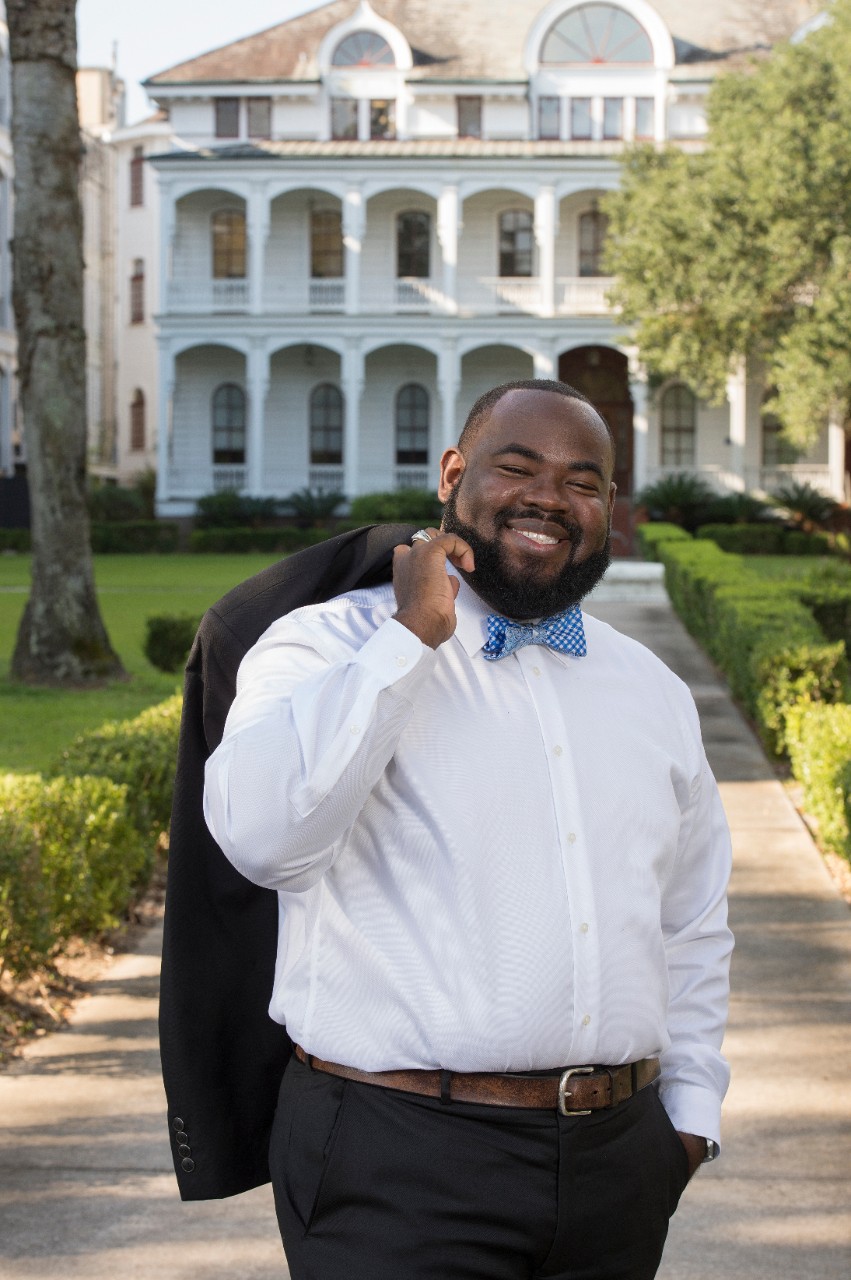“I think this is one of the most innovative programs in social work schools in the country. Social workers have been advocating on behalf of low-wage workers and helping to make companies more equitable for a long time. But we haven’t always created academic courses to teach students how to think about equality and inclusion.”
All master’s students are required to take “Re-thinking Diversity.” But more than 50 students have already completed at least one of the other two courses in the certificate program as it was being fine-tuned.
“Creating the Inclusive Workplace” requires students to analyze a real company and create solutions to make it more equitable for all employees. “Dismantling Organizational Bias” puts students in the shoes of a chief diversity officer who must create a plan to remove barriers that hinder employee success and well-being.
Bradley says that students will apply what they have learned in class to internships with some of the best diversity officers in Boston. He envisions a future where students in the program advocate for the rights of workers at nonprofit’s, for-profits, government agencies, and HR departments.
Rosa Rodriguez-Williams, the senior director of belonging and inclusion at the Museum of Fine Arts in Boston, praises programs that prepare students to improve diversity and inclusion in the workplace.
“This type of program is very important and is significant to transforming the workplace,” says Rodriguez-Williams, MSW’99. “Diversity, equity, inclusion, justice, and accessibility work within institutions must be intentional, and the creation of programs that intentionally prepare folks to do this work in the workplace is imperative.”




